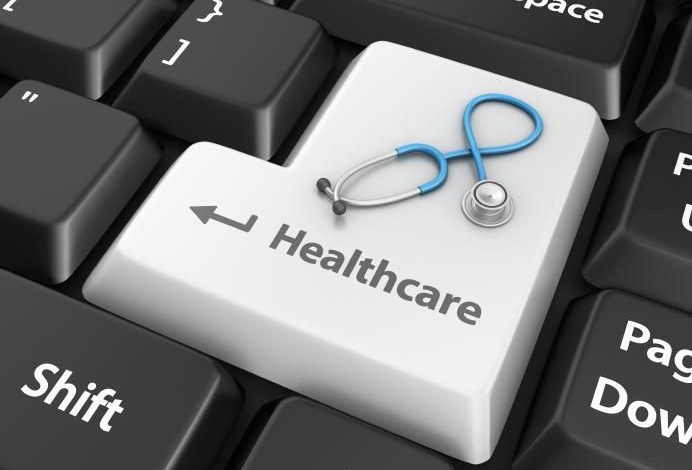What Place for Social Media in the Medical Marketing?

It is very difficult to hide in the sand and deprive yourself of such an opportunity when the patients want social media and medical marketing. In addition to the need to adapt to the development of society and the technological changes of our time, doctors have every interest in favoring the use of these communication spaces and deciphering the advantages of social media in medical marketing for a doctor and the red lines that a healthcare professional should never cross.
Social media: a communication tool that strengthens the patient/doctor relationship
It is clear that healthcare social media marketing is an essential tool for getting known and monitoring. They are also an undeniable source of information for Internet users. Moreover, health establishments, whatever their activity, use it to disseminate important information, for example, to announce an event or offer a job offer. Today more hospitals and independent doctors are active in these areas. Quite rightly, a doctor can intervene to enlighten, reassure and guide his patients. Information at this level can be critical as it can save lives or alarm others connected.
But beware, mastering the manipulation of social media is essential to establishing a quality exchange. Besides, the Council of the Order advises doctors to use social media as an additional monitoring tool so that information is targeted. A network such as Twitter or Facebook promotes speed in sharing information in real-time and allows rapid responsiveness on the part of Internet users. Therefore, it is very effective in involving many people, especially for humanitarian causes such as blood donation or encouraging breast cancer screening…
Social Media promotes Medical Marketing and sharing professionals
Social media are very accessible and allow professionals to collaborate regardless of their geographical constraints, hence the emergence of spaces on Facebook for groups of doctors, who exchange their expertise via the keywords “hashtag” used to have an ultra-rapid response, for example, to follow the evolution of an epidemic. There’s nothing like it for interactions between doctors to be possible, with the sharing of third-party opinions open to the whole world! We also talk about doctor on Twitter which allows you to have opinions from health professionals on specific cases.
As for the LinkedIn platform, it has nothing to envy over other tools. Beyond the professional presentations of the members’ profiles, this tool allows the exchange of specialized publications between peers and makes it possible to create a certain emulation between them. It is also an effective way to highlight expertise and gain notoriety and visibility.
Nevertheless, a physician must remain active and always demonstrate availability and loyalty when it comes to the health of his patients. It’s a bit like a medical blog that needs to be fed with informative articles and texts. Otherwise, it’s useless to adhere to these new technologies.
But how to communicate on social media: pay attention to ethics?
While some health professionals have found themselves involved in this sphere of social media, the College of Physicians insists on purely informative communication and is devoid of any commercial intent.
This means it must remain within a loyal and honest framework and not go beyond exchanging professional opinions and pure information. Again, within the framework of their exchanges, members of the medical marketing agency are involved in respecting the privacy of patients and their colleagues. Remember to check the privacy settings constantly. This is why the MACSF Foundation has made available to each health professional a guide to good practice in social media. For more details, you can consult MACSF Foundation’s Guide to Good Social Media Practices.
For more info


